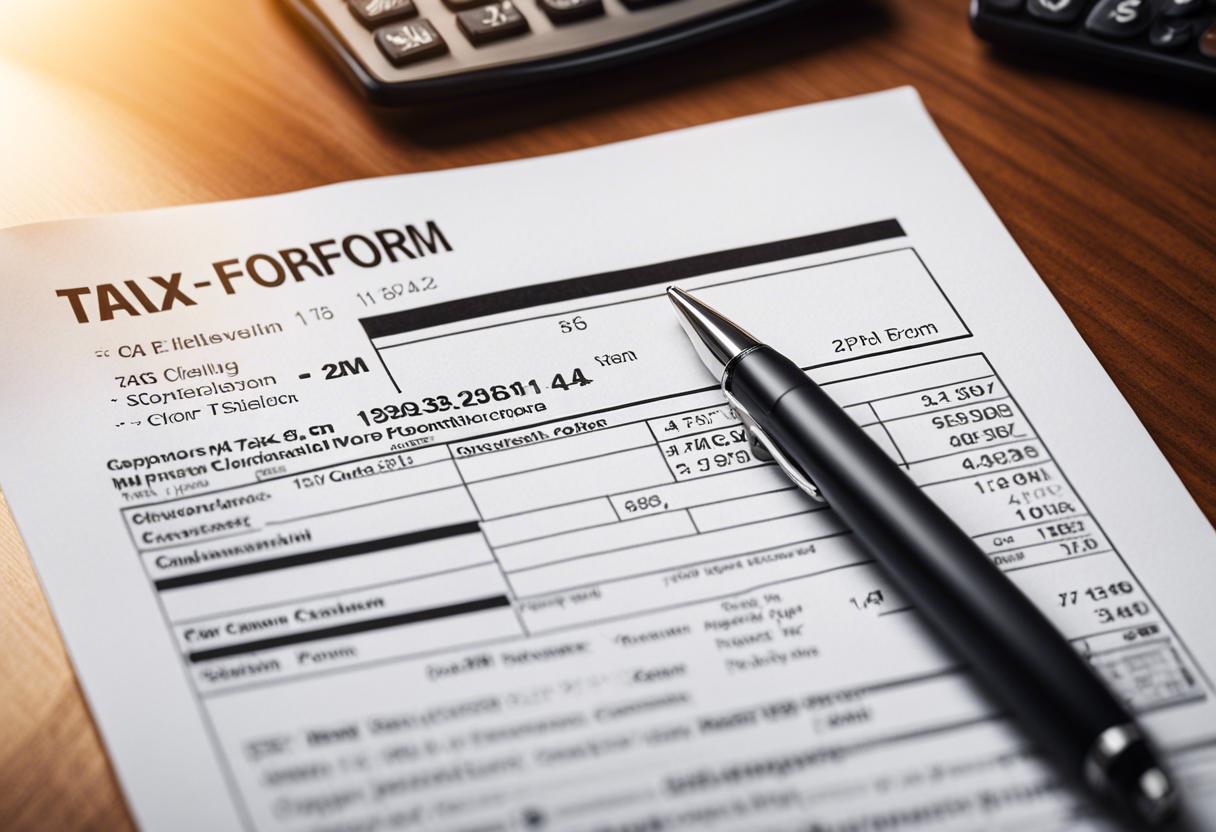The annual report of the nationally run insurance provider, VHI, discloses that it will not be affected by the new 15% corporate tax levy until 1 January 2029. This delay is due to a provision in the law that protects large local firms without overseas business activities.
Last year’s legislation saw an increase in the country’s corporate tax level from 12.5% to 15%, commencing on January 1, 2023. Companies with an annual turnover above €750 million must pay the increased rate. This tax hike forms part of a broader global accord spearheaded by the Organisation for Economic Co-operation and Development (OECD) and agreed upon by 140 jurisdictions, setting a 15% minimum tax rate.
The primary focus of this OECD agreement is multinational companies, but VHI reports that according to the rules, the insurer is granted a reprieve of five years. As stated in the report, “The group continues to analyse the potential impact of the Pillar Two income tax legislation on its future fiscal performance.”
In the previous year, VHI generated an overall income of €1.8 billion, making it eligible for the heighten corporate tax rate based on the annual report. The company reported a loss of €48.8 million the past year, down from a €39.7 million profit before. The loss was accredited to a surge in healthcare claims by 18%, surpassing the growth in premium income.
The escalation in claims costs, which crossed €1.68 billion, was driven by the increased need for healthcare services, coupled with escalating employee expenses and energy price inflation, according to VHI.
The report released to the Oireachtas on Thursday indicates that the number of VHI employees grew by 187 to 1,776 in the year, whereas its payroll costs surged by 17% to €123.2 million. VHI employees saw an increased average salary last year, earning €69,369, up from an average of €66,205 in 2022.
According to the annual report, Brian Walsh, CEO of VHI, had a total compensation of €447,247—including a base salary of €276,667—last year.
Mr Walsh formally took the reins as CEO on the first of March, 2023, after a stint as acting chief from the first of May, 2022. His full pay package in the previous year was made up of other chargeable advantages amounting to €99,289 and pension contributions tallying €67,292. The report highlights that the CEO’s pro-rata salary stands at €287,000, with a term of five years on his contract.
In 2022, VHI experienced a shifting executive landscape, with two individuals assuming the role of interim CEO. Declan Moran filled the role up till April 30th, earning a total remuneration of €174,457. As interim CEO, Mr Walsh collected €192,240 worth of remuneration.
The comprehensive remuneration of the key management staff of the VHI board amounted to €3.9 million for the previous year, representing an increase from €3.3 million.
By the close of 2023, VHI was providing insurance to an unprecedented 1.7 million members. This consisted of slightly more than 1.2 million holding health insurance policies and roughly 480,000 possessing travel, dental, life, and international health policies.
VHI relayed that its recurring travel insurance offering had made a return to pre-pandemic levels. Encouragingly, subscriptions to these policies had grown by 8.4% over the course of the year to 354,698.
Despite closing the year with capital and reserves totalling €903 million, a decrease from €949 million in 2022, VHI assured that the fiscal health of their insurance operation remained strong at 175% solvency when the year concluded, as noted in the report.

